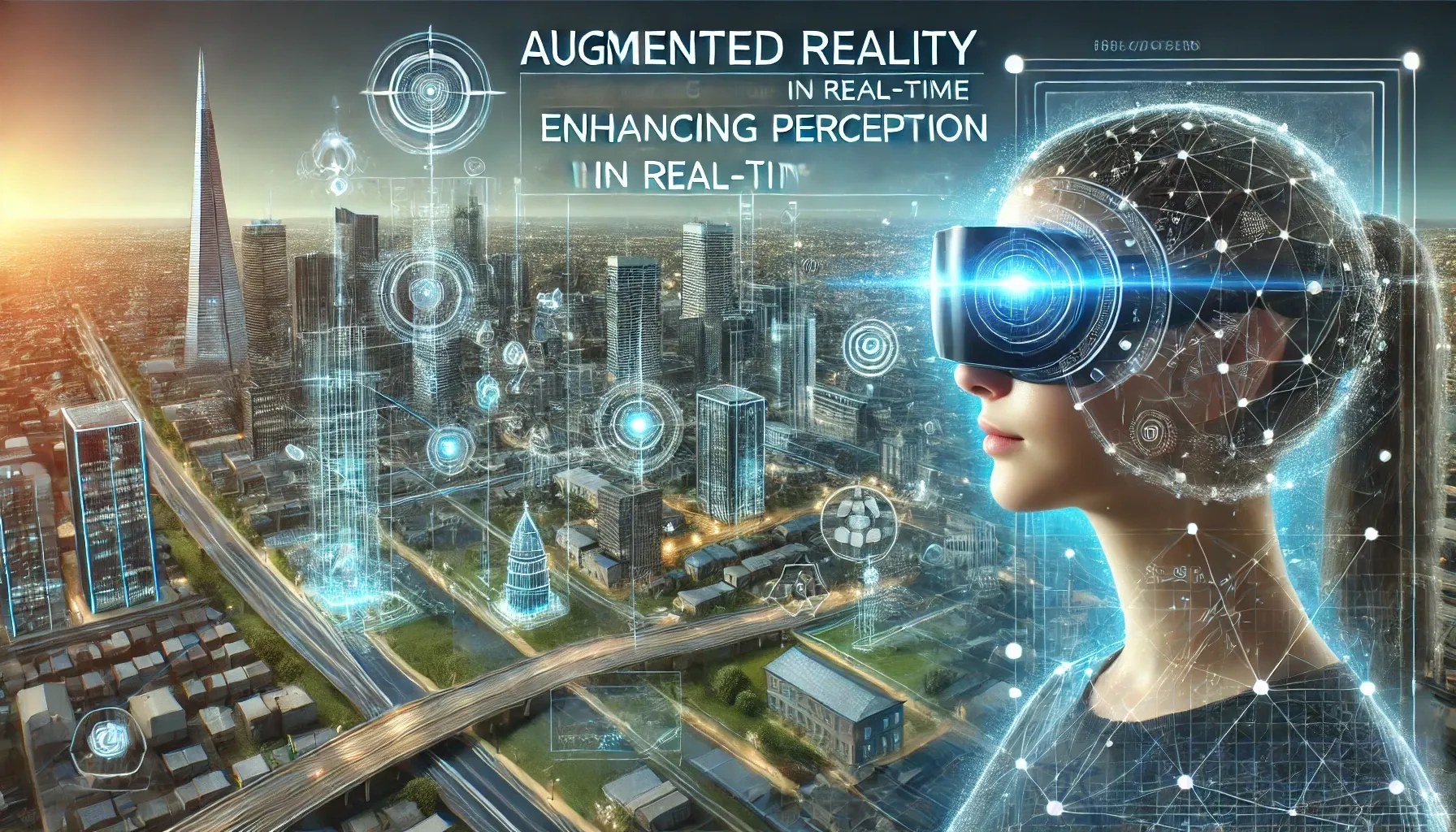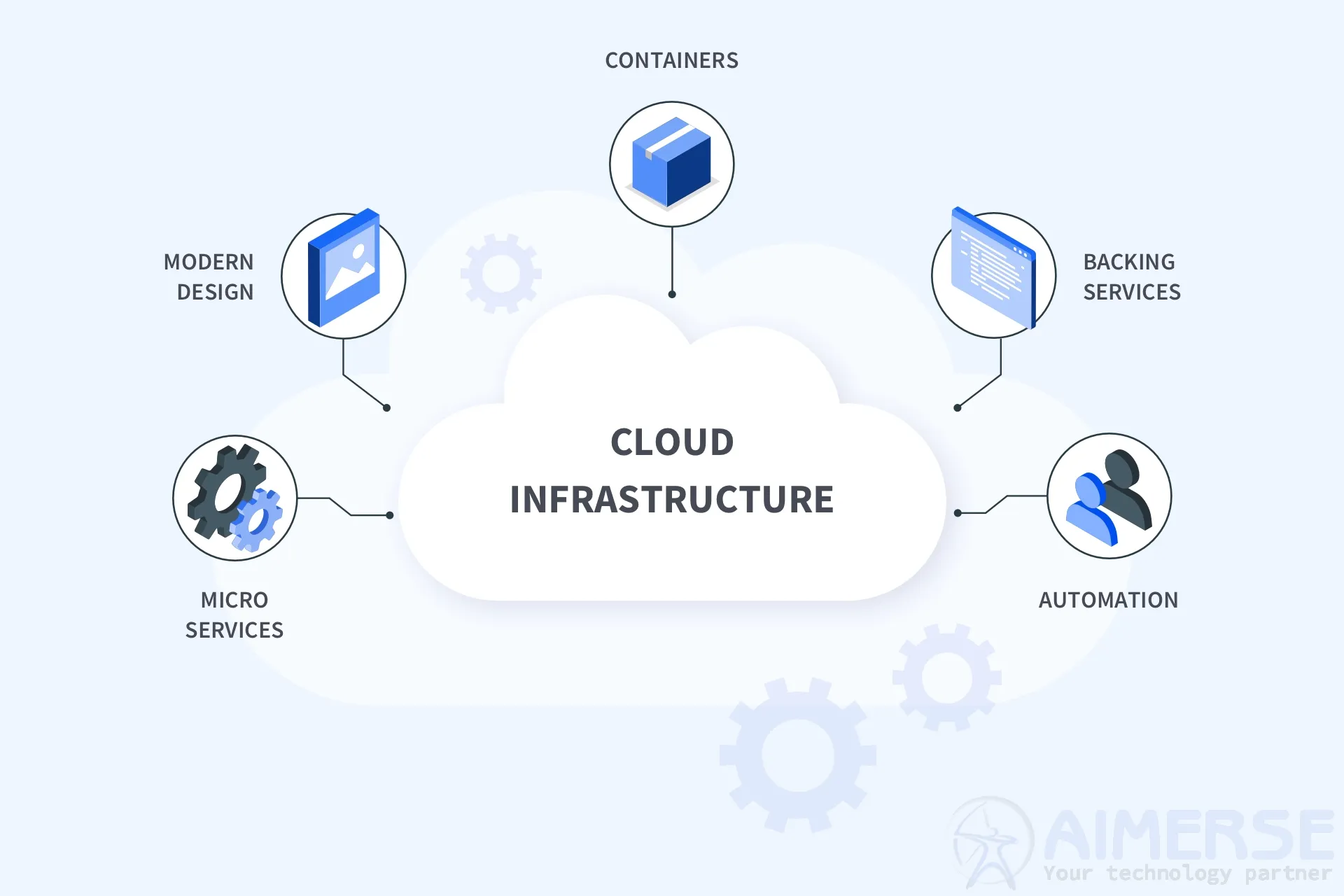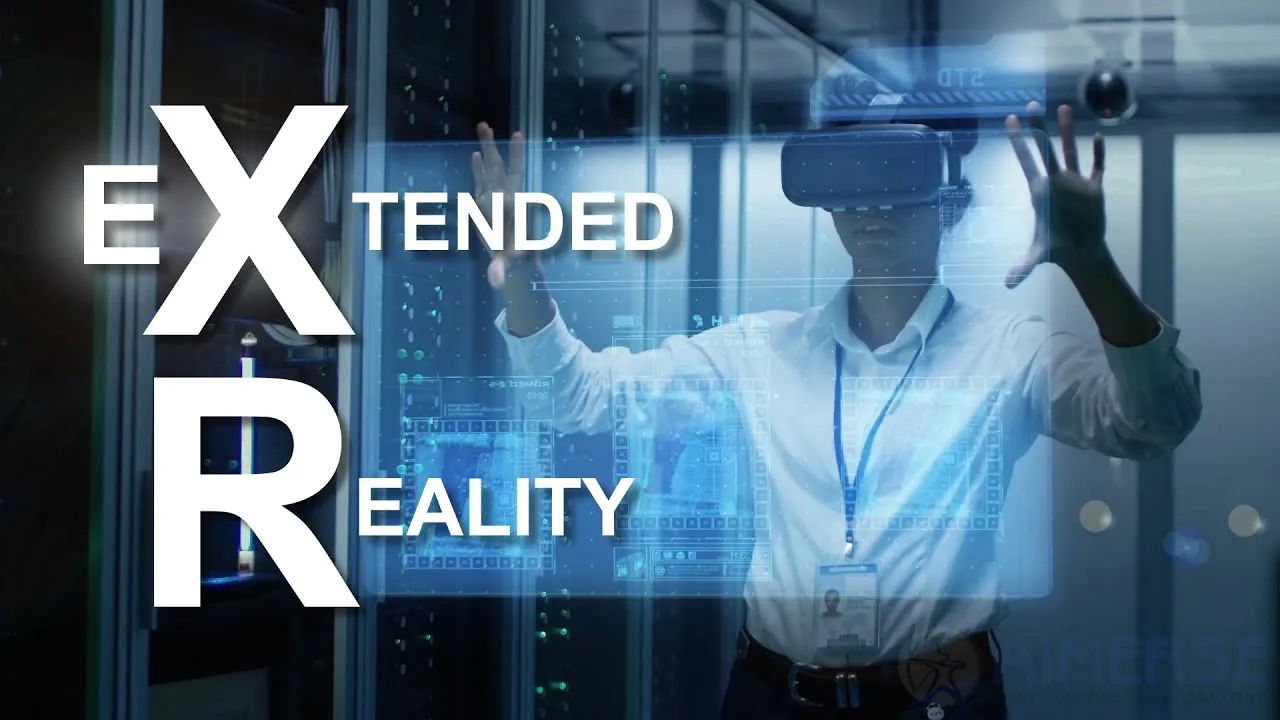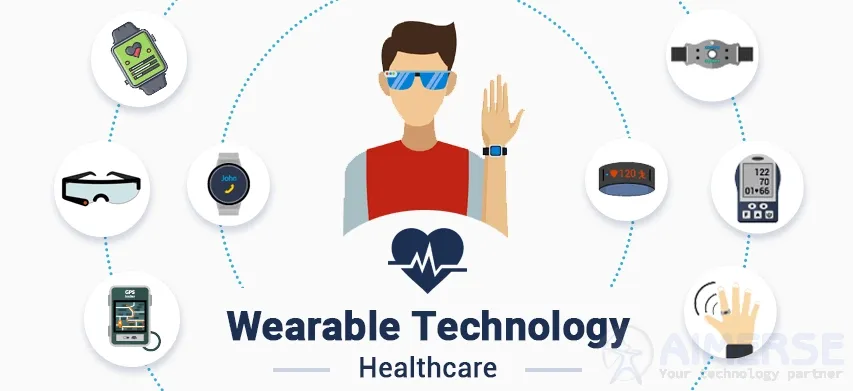Augmented Reality: Enhancing Perception in Real-Time
Augmented reality is changing how we live with the world; it's mixing digital content into real-world environments. From the confines of the gaming and entertainment industries, augmented reality has taken on a completely new meaning, changing the healthcare, education, manufacturing, and retail sectors' game. Enhanced information is one of the benefits of augmented reality technology, helping in making the right decisions while creating an immersive experience.
With advancements in AI, 5G, and cloud computing, AR applications are becoming more sophisticated, opening new avenues for businesses and consumers.
Key Industries that benefit from AR
-
Healthcare & Medical Training
- AR-powered solutions help doctors and medical students in real-time visualization of complex procedures. Surgeons can use AR overlays for increased precision, and medical trainees can practice simulations in risk-free environments. AR is also used in rehabilitation and therapy, where patients can perform interactive exercises.
-
Education & Interactive Learning
- Traditional learning methods are changing with AR-enabled immersive experiences. AR applications allow students to explore 3D models, conduct virtual science experiments, and engage in historical recreations, making learning more interactive and engaging.
-
Retail & E-Commerce
- AR is transforming the shopping experience with virtual try-ons, interactive showrooms, and in-store navigation. A customer can view furniture placement in a home or how clothes fit before buying them, which improves satisfaction and lowers return rates.
-
Manufacturing & Maintenance
- AR helps in manufacturing by giving workers the ability to visualize blueprints, understand the parts of a machine, and receive hands-free digital instructions that minimize errors and increase productivity. Remote AR assistance allows for real-time troubleshooting and maintenance support.
-
Business Collaboration & Remote Work
- AR-enabled virtual workspaces allow teams to collaborate in 3D environments, visualize data in real time, and give interactive presentations. This increases engagement, streamlines communication, and enhances remote collaboration.
-
Real Estate & Architecture
- AR is revolutionizing the real estate industry, where buyers can take virtual property tours, see architectural designs, and explore interior modifications before making investments. Architects use AR to bring blueprints to life, offering realistic previews of completed projects.
The Future of Augmented Reality
With further advancements in AR, the capabilities are going to be enhanced with AI, IoT, and 5G. The applications of future AR will bring even smarter and more context-aware interaction, which would make businesses even more efficient and customer experiences much smoother.
How AR and Software Development Go Hand in Hand
To unlock the true potential of AR, businesses need scalable and robust software solutions integrated with the capabilities of AR technology. Some of the key features of applications of AR include:
- Industry-specific AR applications can be created based on customized needs.
- Cloud-based solutions of AR to access and collaborate in real-time.
- AI-driven AR experiences for improved automation and analytics.
Conclusion
Augmented reality is shaping the future of industries by bridging the digital and physical worlds. Businesses that properly utilize AR gain a competitive edge, improve their operational efficiency and offer richer experiences to users.
At Aimerse Technologies, we have specialized in developing high-performance AR applications and immersive experiences using cutting-edge technologies such as React.js, Node.js, Python Django, Laravel, and Java Spring Boot. Whether you operate in healthcare, education, retail, or business, our expert developers can help you seamlessly integrate AR into your operations to enhance productivity and more users.











